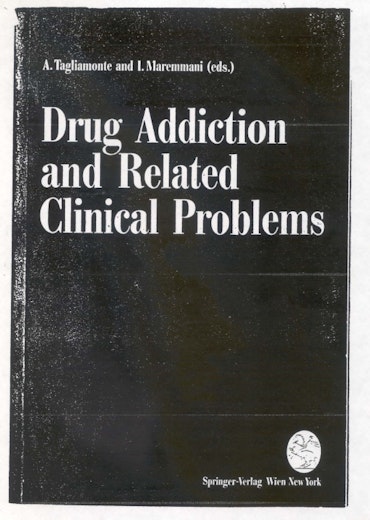Despite over a quarter century of remarkably consistent reports from throughout the world of favorable results with the use of methadone to treat heroin addiction, this modality remains exceedingly controversial. Even among those who utilize methadone in caring for addicts, there is intense debate over optimal dosages, duration of treatment and other aspects of the medical care which is rendered. Ironically, the polarization seems to reflect a misunderstanding of the basis pharmacological rationale for methadone treatment.
In this paper the pharmacological principles which apply to narcotics in general, and to methadone in particular, are presented. The author notes that the effects (and, in maintained patients, the lack of effect with respect to euphoria) of methadone are absolutely free from any controversy. Physicians and policy makers must be guided by these straightforward, unequivocal pharmacological properties in determining how methadone should be utilized in the management of patients with a chronic, potentially deadly illness.
The publication is available in English, Chinese, Farsi, French, and Russian.
Relevant drug policy publications are almost nonexistent in languages other than English. With the help of leading experts, the Open Society Foundations Global Drug Policy Program is publishing key documents in translation.
